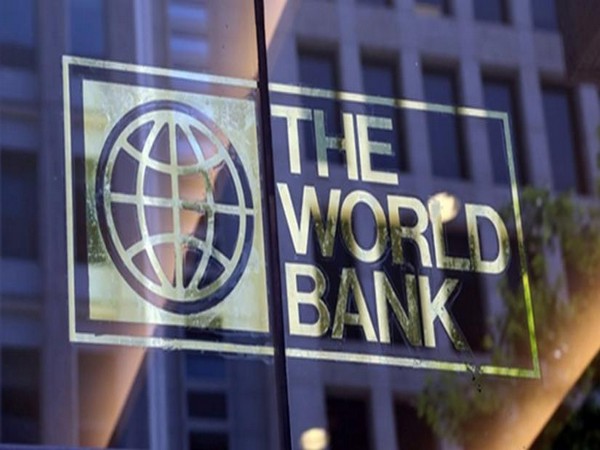The World Bank on Tuesday has said it expects inflation to be 7.1 percent in the current fiscal year but cautioned that the decline in commodity prices could dampen inflationary pressures.
India’s October inflation dropped to 6.77 per cent, from 7.41 per cent in the preceding month, mainly due to easing prices in the food basket, though it remained above Reserve Bank’s comfort level for the 10th month in a row. The World Bank today released its India Development Report titled “Navigating the Storm”.
“Inflation is a little higher than the RBI limits. The driving factor for this is largely food and our expectation is that by next year, inflation will decrease and fall under the RBI band of 2 per cent to 6 per cent. We expect it to be 5.1 per cent in the next FY,” said Dhruv Sharma, the World Bank senior economist and lead author of the report.
According to the report the country’s fiscal policy supported the RBI’s rate actions by cutting excise duty and other taxes on fuel to moderate the impact of higher global oil prices on inflation.
However, the report also cautioned that there is a trade-off between trying to limit the adverse impact of global spillovers on India’s growth and available policy space.
The report noted that both levers of macroeconomic policy — fiscal and monetary — have played a role in managing the challenges that have emerged over the past year.
The report of World Bank said that rapid monetary policy tightening in advanced economies has already resulted in large portfolio outflows and depreciation of the Indian rupee while high global commodity prices have led to a widening of the current account deficit.
However, the report also argued that India’s economy is relatively insulated from global spillovers compared to other emerging markets. This is partly because India has large domestic markets and is relatively less exposed to international trade flows.








